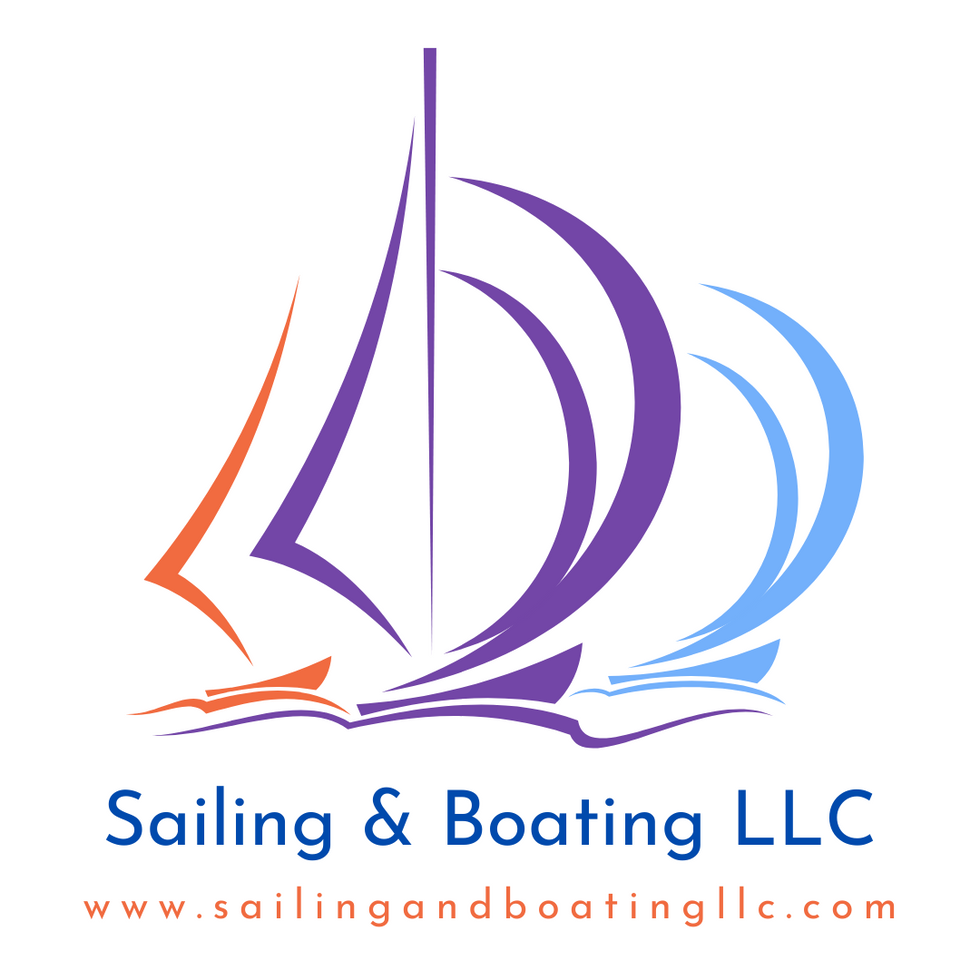Learning Seamanship - A Family Project
- Chris Leigh-Jones
- Mar 20, 2023
- 4 min read
Updated: Mar 31, 2023
There is a big difference between owning a yacht and being competent in operating her. Vanguard has been designed for short-handed operation by a crew of 2. A single competent crew member can operate her for short journeys. This, though, is all predicated by those crew members being competent at their allotted responsibilities and having a reasonable degree of overlap in skill sets. 2 years ago, we placed our order with Naval Yachts for a 78-foot, 60 plus GRT aluminum explorer yacht that is considerably larger than anything we have prior experience of operating. We also had a family to care for and three companies to manage through the period, so life was busy. There follows how we obtained the knowledge we needed within the constraints of our busy lives and disparate locations.
Certified as an Offshore Skipper
Let us start with the easier choice: Jeff Leigh-Jones, our son. Brought up sailing dingies and later fast catamaran, graduating through training with the RYA to become Certified as an Offshore Skipper. Experience then gained with numerous yacht deliveries, then crew trainer for the UK Joint Services Sailing School and as an RYA Cruising Instructor with a Commercial Offshore Masters Endorsement, Jeff is not the cause of any ongoing worry, and he has this.
My Seamanship Courses
Marine Engineer Officer Certificate of Competency
Dad - that's me. The engineering side came by default as I'd spent ten years at sea in the merchant navy, rising through the ranks of qualifications to Chief Engineer (Motorship) Unlimited. Deckside, my experience is incomplete, and it matters not to convince anyone of capabilities; most of the time, we don't fully realize what we don't know. So the plan was to undertake a series of yacht deliveries down the US Coast, working my way up through larger hulls as the opportunity arose.
I also took a distance course through Nautical Education that put me through my paces and recorded sea time as it arose, providing a good record of growing qualifications. I'm qualified to bareboat charter up to around 60 feet with my crew. Their training courses are clear, and I found them both demanding and tolerant of my failings. Every student is allowed multiple attempts but the system prevents progress until you master previous courses. On-water, training is also available through many associated yacht clubs and facilities though I would note that once you mention 80 feet hulls, the opportunities mostly evaporate. More on this later.
Monohull & Catamaran Training for my Son
My wife, Sebrina, and son Rhys were different and less experienced challenges. Rhys went through summer sailing schools in Charleston and has mastered the basics. We also put them through basic monohull and catamaran training through the American Sailing Association affiliated resource in Charleston to help them gain confidence in larger hulls. Knowing where the "pointed end" resides is insufficient, and opportunities for sea miles are severely restricted through age (Rhys) and competing demands (Sebrina).
So we turned to RCM Maritime Training School, again in Charleston. They deliver commercially orientated maritime skill training under the purview and approved by the US Coast Guard. Able Seaman, Fast Rescue Craft Handling (our tender!), First Aid & CPR, Firefighting, Watchkeeping, Emergency Procedures, Basic Navigation, and COLREGS ........ The sight of my petite wife Sebrina and (at the time) 13-year-old son sitting with a bunch of sun-baked fishermen, deckhands, and hairy pusher-tug crew was undoubtedly unique. But I do say this. Sailors have a Code of Honor, found less often ashore. To a man, they were exemplary, and never did I worry about leaving my family in their care. True interdependence can be a wicked teacher.
We have touched upon a few resources duplicated in other locations. RYA, ASA, Commercial USCG, summer Yacht Clubs, Yacht Deliveries. There is one last resource I'd mention, that is dedicated private tuition from within the sailing fraternity. I'll turn you over to a friend who delivers such, Captain Deborah Marlor: "Captain Marlor speaks to the importance of education and training when owning a boat. In reality, there is a big difference between being an owner to being competent and that innate knowing of competency when things inevitably go upside down "out there." The importance of self-evaluating and understanding where we fall in the competence hierarchy is a great start. Bringing this topic to the forefront will hopefully motivate people to higher levels of education and competency in this recreational sport. Including education for the crew is critical and will ease the pressure and anxiety on the owner, Captain. In the Captain's class, Captain Pete stressed the importance of the boat, its crew returning home, or its destination safely. How can we all do a better job on our waterways to make them safe and lower the number of incidences on the water? In my opinion, it is education. I love seeing more and more people on the water, and I am hopeful that we can continue to bring people higher skills and knowledge, thus education".
Read also: Preparing for Vanguard Launch Day
As said earlier, we don't fully appreciate what we don't know before we know it. This is not a lost cause, and plenty of help is available out there for young and old and all ages for small craft beginners and the more experienced intending to upsize. What matters is reaching out and taking advantage of the opportunity before you become a one person "Youtube" sensation.
Jeff Ligh-Jones
Captain Deborah Marlor
Chris Leigh-Jones
Useful Contacts:































Comments